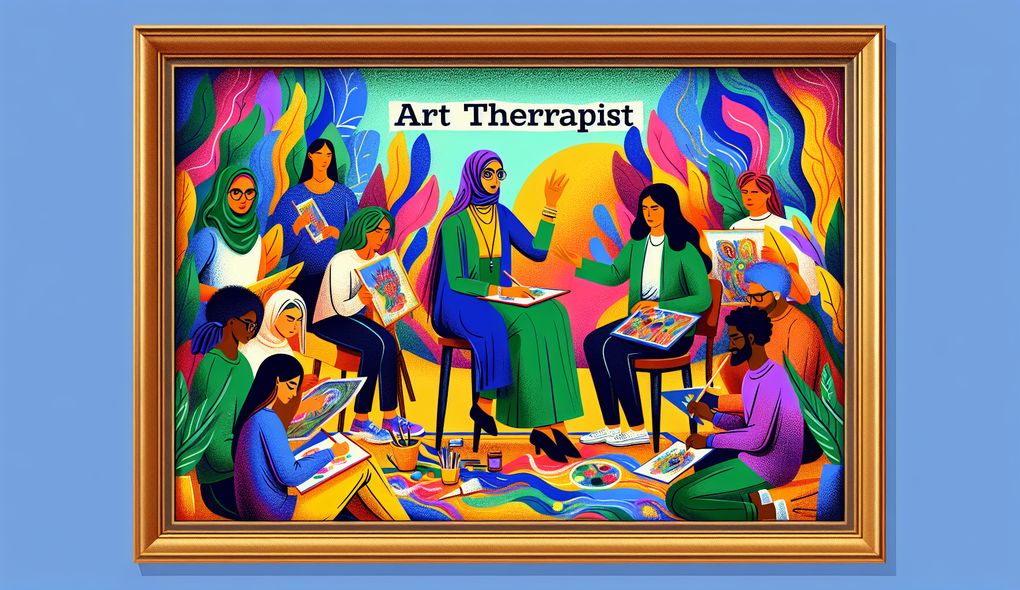How do you observe and assess client needs in an art therapy session?
JUNIOR LEVEL

Sample answer to the question:
In an art therapy session, I observe and assess client needs by actively listening and observing their non-verbal cues. I pay close attention to their body language, facial expressions, and the art they create. I ask open-ended questions to encourage clients to express themselves and explore their emotions. By building a trusting and non-judgmental relationship, I create a safe space for clients to open up and share their thoughts and feelings through art. Additionally, I review client records and collaborate with other healthcare professionals to gather insight into their backgrounds and any relevant medical or psychological information.
Here is a more solid answer:
In an art therapy session, I employ strong observational skills to assess client needs. I pay attention to verbal and non-verbal cues, such as tone of voice, body language, and facial expressions. I am attuned to changes in art materials used, artistic themes, and the overall process of art creation. For example, if a client consistently uses dark colors or creates images depicting isolation, I may explore feelings of sadness or loneliness during our sessions. I also collaborate with other healthcare professionals to gather insights from client records and medical history, which inform my assessment. By actively listening and empathizing, I create a supportive environment for clients to explore their emotions through art.
Why is this a more solid answer?
The solid answer expands on the basic answer by providing specific details and examples of how the candidate observes and assesses client needs. It addresses the evaluation areas of observational skills and assessing client needs. However, it could further improve by addressing the collaboration aspect mentioned in the job description.
An example of a exceptional answer:
In an art therapy session, I employ a comprehensive approach to observing and assessing client needs. I utilize my strong observational skills to carefully analyze verbal and non-verbal cues, paying attention to subtleties in tone of voice, body language, and facial expressions. I also closely observe the art materials used, artistic themes, and the overall process of art creation to gain deeper insights into clients' emotions, thoughts, and experiences. For example, if a client frequently chooses vibrant colors and creates images depicting growth and resilience, I may explore their strengths and aspirations. Additionally, I engage in active collaboration with other healthcare professionals, consulting client records and medical history to understand the holistic context of clients' therapeutic needs. By fostering a warm and non-judgmental environment, I empower clients to express themselves authentically through art, allowing for greater self-awareness and personal growth.
Why is this an exceptional answer?
The exceptional answer provides a more comprehensive and detailed explanation of how the candidate observes and assesses client needs in an art therapy session. It addresses the evaluation areas of observational skills, assessing client needs, and collaboration. The answer includes specific examples and demonstrates a deep understanding of the therapeutic process.
How to prepare for this question:
- Familiarize yourself with different art therapy techniques and interventions.
- Practice active listening and observation skills in everyday interactions.
- Research psychological theories and their application in art therapy.
- Brush up on your knowledge of various art materials and their potential meanings.
- Consider the importance of cultural sensitivity in art therapy and how it impacts the assessment process.
- Reflect on your own strengths and limitations as an art therapist and how they might influence your assessment approaches.
What are interviewers evaluating with this question?
- Observational Skills
- Assessing Client Needs
- Collaboration

